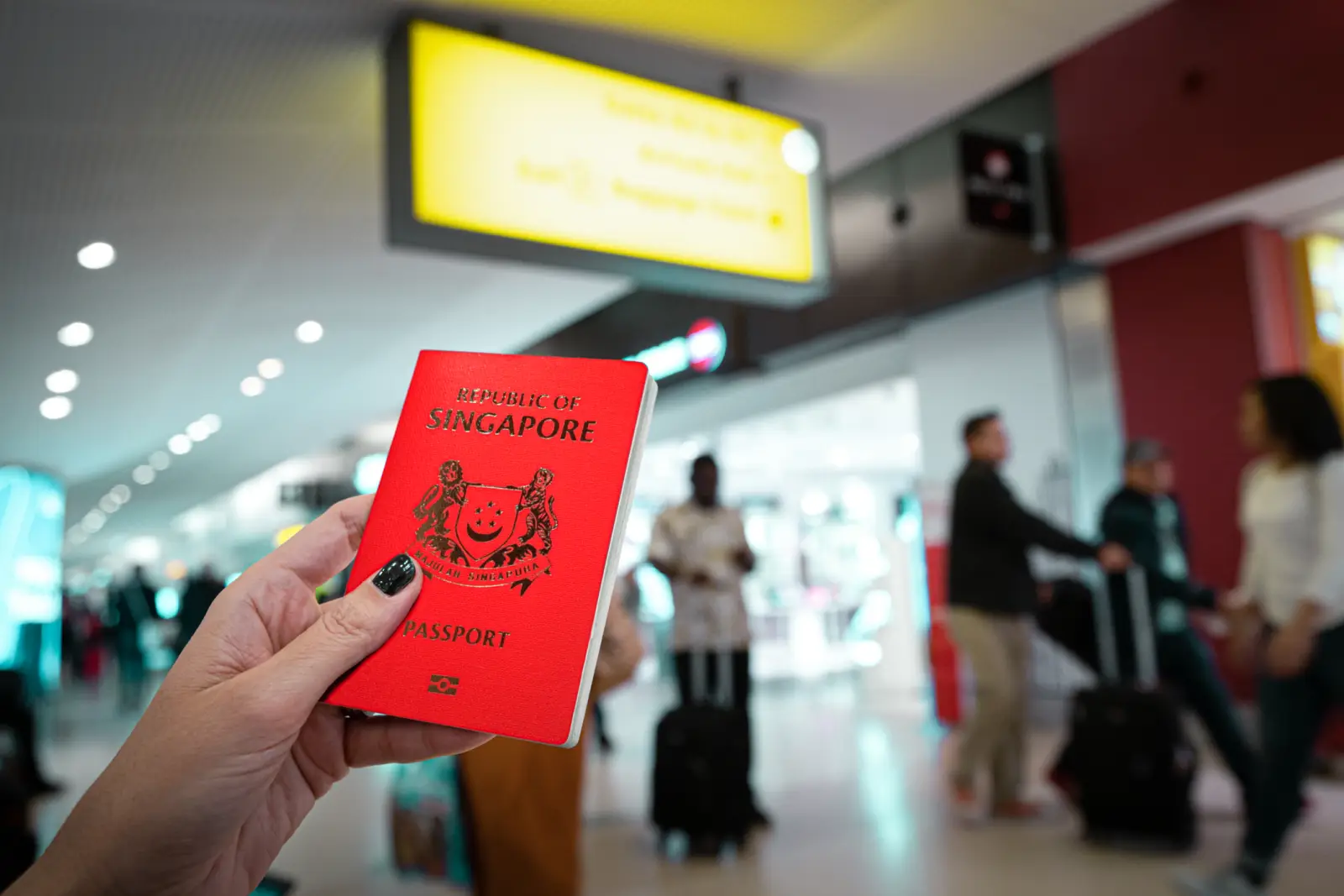Nearly three-quarters of tourist flats in Alicante are being rented out without proper registration, according to the city council. This finding coincides with Spain’s newly introduced Airbnb law, which seeks to regulate the holiday rental market and ensure greater transparency and compliance.
A recent report by Alicante’s authorities found that of the 3,555 tourist properties listed in the city, a staggering 73% are unlicensed, many of which are advertised on platforms like Airbnb. Neighborhoods such as San Juan Beach, the Old Town, and the city center are hotspots for unregistered holiday homes, with over 75% of rentals in some areas failing to meet legal requirements.
The city council has also noted a 23% rise in holiday flats listed online in the past year, driving up the proportion of homes used for short-term lets. This surge, however, is taking a toll on Alicante’s housing market, with 20% of properties in popular districts now functioning as tourist accommodations.
Moratorium on New Licenses
To combat the growing problem, Alicante has placed a two-year moratorium on new holiday home licenses. During this period, the council will review its regulations and ensure compliance across the city’s neighborhoods. Alicante’s Urban Planning Councillor, Rocío Gómez, stressed the need to “purify all those homes that do not comply with the regulations” and determine the appropriate number of holiday rentals for each district.
This initiative is not just a local effort. It aligns with Spain’s newly approved national regulations requiring all short-term tourist rentals to be registered in a government database.
Spain’s New Airbnb Law
As of January 2025, Spain has introduced a comprehensive law to regulate the short-term rental market. Property owners renting homes for holiday, seasonal, or room rentals are now required to register in the lease registration platform (Ventanilla Única Digital de Arrendamientos).
This centralized registry ensures that all properties meet the legal criteria for holiday rentals. To advertise on platforms like Airbnb, hosts must first receive an official identification number. The law also clarifies that rentals offered without financial remuneration are exempt from these requirements.
The new system applies to various types of accommodations, including traditional homes, rooms, and even floating properties like boats. However, hotels, campsites, and properties already regulated under tourism-specific legislation are excluded from the database.
Property owners have until July 1, 2025, to comply with the law during the transition period. The government will take 15 days to verify each property’s compliance before issuing the required ID number.
Impact on Alicante’s Tourism Sector
For Alicante, the intersection of local and national efforts represents a turning point in its housing and tourism markets. The crackdown on unregistered properties is part of a broader effort to address rising housing costs and the impact of holiday rentals on residential neighborhoods.
Alicante’s standing as a provincial capital sees holiday properties making up 2.2% of its total real estate stock, significantly lower than other tourist cities in Spain. However, with €107 average nightly rates on Airbnb and rising demand, the city remains an attractive destination for travelers and investors alike.
The most recent data suggests that Alicante is home to over 4,100 holiday properties, with a third of them managed by professional leasing companies. However, the new law and local measures may reduce these numbers as authorities enforce stricter compliance.
National Trends and Future Outlook
Spain’s short-term rental market is vast, with 351,389 tourist properties offering nearly 2 million accommodation places. The Valencia and Andalusia regions, which include Alicante, account for the highest number of tourist rentals in the country. As protests around housing issues have gained momentum in Spain, the government’s regulations aim to strike a balance between tourism and residential housing needs.
The crackdown in Alicante could set a precedent for other cities grappling with similar challenges. While the changes bring uncertainty for property owners and investors, they also promise more structured growth and a sustainable future for Spain’s tourism industry.
With both local and national measures in place, Alicante is poised to reshape its holiday rental market. For travelers, these changes could mean fewer listings but greater assurance that their accommodations meet legal standards and contribute positively to the local economy.














